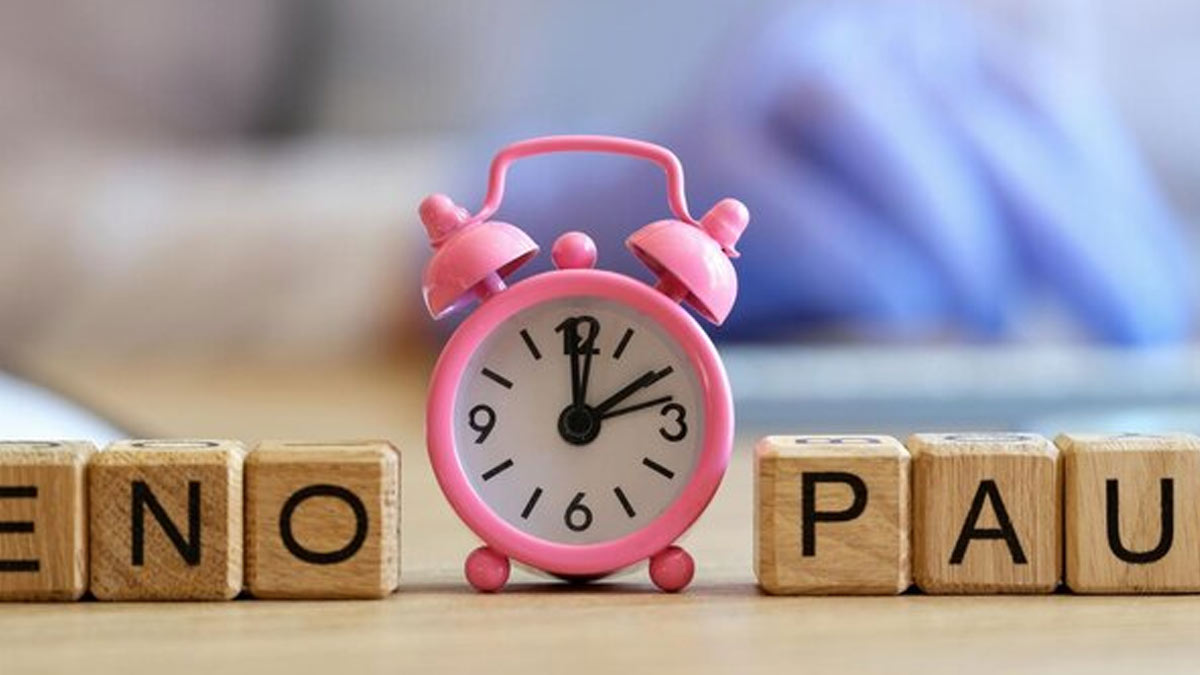
Menopause is a woman's mid-life crisis, which significantly affects her psychological and physiological well-being. Menopause can be a dark phase for many as it can not only affect a woman’s reproductive health but can also sabotage her mental health. During menopause, women experience several symptoms such as irregular menstrual cycle, mood swings, hot flashes, decreased libido, vaginal dryness, etc. These symptoms could greatly vary according to the individual.
Table of Content:-
To understand why physical activity is important for managing menopause, OnlyMyHealth team interacted with Tamanna Singh, a menopause coach and the founder of Menoveda, India's First Menopause Only Brand.
A survey published by Post Reproductive Health revealed that around 90% of post-menopausal women were never educated about menopause at school, and over 60% started learning more about it when the symptoms arose. Women not only in India but around the world are unaware of the prevalence and severity of menopausal symptoms. Therefore, they are unequipped with the tools needed to address these issues.
It comes as a surprise to many, that physical activity can help deal with the symptoms of menopause. According to Singh, daily exercise can not only successfully manage these symptoms but can also increase longevity.
Benefits of Physical Activity for Menopause
Regular exercise is the cornerstone for health, but very few know that it can also benefit you throughout menopause. Let's discuss it below.
Daily Physical Activity

Exercising daily can help regulate the hormones that go haywire during menopause. “The endorphins released during exercise can stabilize the hormonal shifts and reduce the severity of hot flashes, mood swings, and night sweats,” Singh said.
Also read: Vaginal Dryness During Menopause: What Causes It?
Bone Health Benefits
According to Singh, osteoporosis is commonly observed in menopausal women, which leads to bone damage and disease. Therefore, strength training and lifting weights can prevent osteoporosis and significantly reduce the chances of fractures and bone health complications.
Cardiovascular Health

The age bracket of 45 to 55 is when most women experience menopausal symptoms. During this age, Singh said that women are at an increased risk of heart disease. “With regular aerobic exercises, one can ward off the chances of cardiovascular diseases. Building a regular exercise routine will ensure improved blood circulation and great cardiovascular health,” Singh said.
Weight Management
Menopause marks the slowing down of the metabolism. As ageing occurs many menopausal women will find it difficult to manage their weight and stress levels. Exercise can be a natural way to relieve stress and manage weight during menopause.
Also read: Menopause Can Cause Sleep Disturbances: Expert Shares Tips To Manage
Exercises for Menopause

Singh recommends these exercises for menopausal women:
- Strength training
- Aerobic activities
- Yoga and Pilates
- Pelvic floor exercises
Singh advised, “If you are someone who dislikes exercising, you can even try brisk walking or try other outdoor activities, that will help you engage in the natural surroundings and will make you feel relaxed and happy.”
Conclusion
Menopause marks the end of female reproductivity but it is surely not the end of a great life. With daily physical activity, you can stay fit and happy and can manage your symptoms effectively. Singh recommended, “Apart from exercising, make sure you have a strong support system; it could be your friends, your spouse, or your family member. Effectively communicate with them and share your symptoms so they can help you with it.” If you want to help your family member, who is going through this phase, reach out to them, communicate, and try to help them out during their most difficult period. A simple help can go a long way and can make a difference in somebody's life.
Also watch this video
How we keep this article up to date:
We work with experts and keep a close eye on the latest in health and wellness. Whenever there is a new research or helpful information, we update our articles with accurate and useful advice.
Current Version